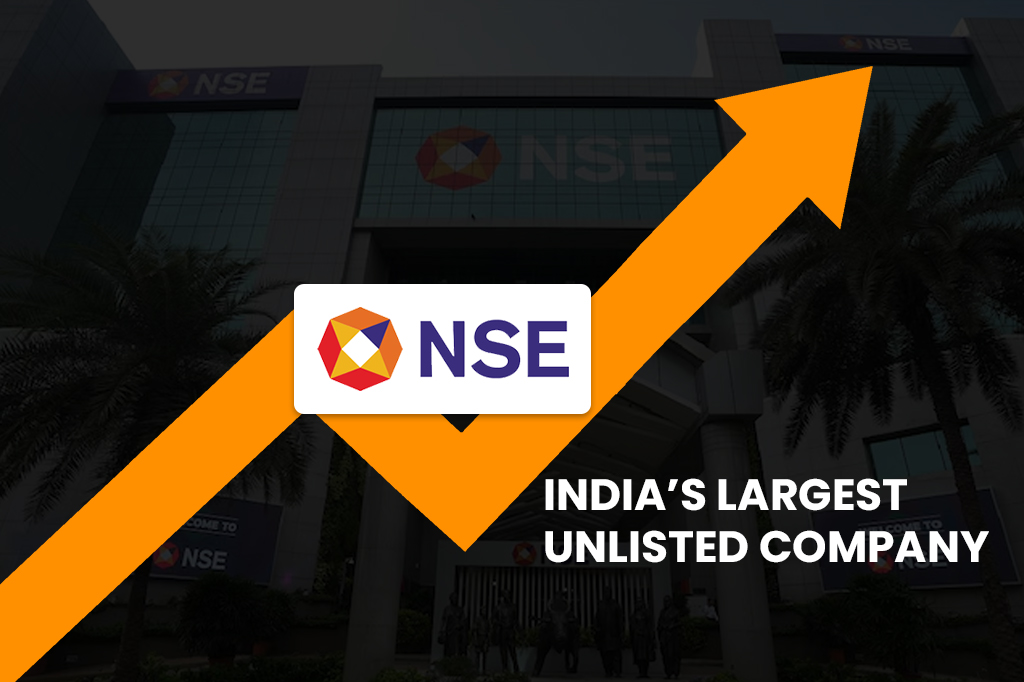


The National Stock Exchange of India (NSE), the biggest unlisted company in the country with more than one lakh shareholders, has reached a significant turning point ahead of its much awaited initial public offer (IPO). This amazing success puts the NSE ahead of most listed companies in India in terms of investor count since it reflects the great trust and interest it enjoys from institutional and individual investors.
The NSE's shareholder list currently consists of more than one lakh investors, more than the total number of investors in many publicly traded companies. This wide base captures the exchange's central importance in India's capital markets as well as the growing need for ownership in the country's top financial infrastructure platform. Among its principal owners are insurance behemoths including LIC, GIC, New India Assurance Company, National Insurance Company, and Oriental Insurance; the State Bank of India owns 3.23% of the business. Among the major foreign investors in the exchange are funds for global investments as well as the Canada Pension Plan Investment Board.
The NSE's finances remain strong. Reaching ₹2,487 crore, the exchange recorded a 7% year-over-year rise in net profit for the January-March quarter, so concluding the fiscal year that ended on March 31, 2025. Still, the quarter's running income was ₹3,771 crore, an 18% drop from year before. The board has recommended a final dividend of ₹35 per equity share for FY25, together with a special one-time payout of ₹11.46 per share.
More broadly, NSE rose to become the most valuable unlisted company in India when its valuation surged to almost ₹4.7–5 lakh crore and its consolidated net profit for FY25 rose by 47% to ₹12, 188 crore. The trade also paid almost ₹59,800 crore in taxes and regulatory fees over the year, so significantly helping the government financially.
Despite its financial stability and investor enthusiasm, NSE's IPO path has run across continuous legal and regulatory challenges. Concerns about governance, technology, clearing corporation ownership, and continuous legal issues related to the colocation case raised by the Securities and Exchange Board of India (SEBI) have delayed the IPO prospectus since it was first published in December 2016.
In its February response, NSE addressed every complaint raised by the regulator when it asked SEBI for a No Objection Certificate (NOC) on several visits, most recently in March 2025. Industry watchers predict that the listing process could take at least another year even with rapid regulatory clearance; SEBI has advised the exchange to handle any unresolved problems before going ahead.
Rumours that the NSE had asked the government for assistance with its initial public offering (IPO) were lately denied by the company. The exchange clarified that it has not interacted with the Government of India regarding the IPO in the past thirty months, so refuting allegations of asking official help in a public statement.
The fact that NSE crossed the one lakh shareholder mark emphasises its major influence in India's financial system as well as the great investor demand it attracts. Although regulatory complexity keeps its IPO on hold, the exchange keeps performing strongly financially and keeps its ranking as the most valuable unlisted company in the nation.
